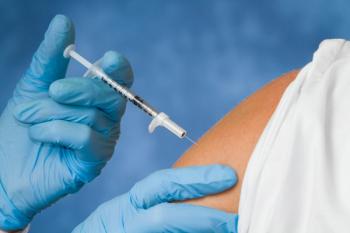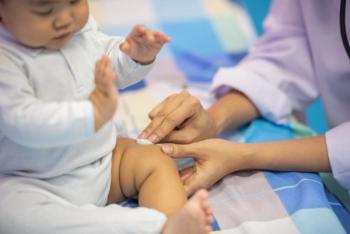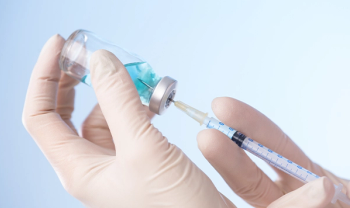
Curevo's Amezosvatein Shows Promise in Phase 2 Trial, a Step Closer to Developing a More Tolerable Shingles Vaccine
To date, two shingles vaccines have been marketed in the United States: Zostavax, approved in 2006, and Shingrix, approved in 2017. However, Zostavax is no longer available for treatment.
Curevo Vaccine is a US-based biotechnology company aiming to develop a shingles vaccine with better tolerability. Now, Curevo has
Shingles, also known as herpes zoster, affects
Shingles can affect people of all ages, but the condition and its potential
To date, two shingles vaccines have been marketed in the United States: Zostavax, approved in 2006, and Shingrix, approved in 2017. These vaccines have been shown to reduce the risk of shingles as well as lessen its severity. Currently, the
Despite the evidence and CDC recommendation, around
“Despite Shingrix being available for several years, vaccine coverage rates remain disappointingly low,” Guy De La Rosa, MD, Curevo’s Chief Medical Officer, stated in a
Amezosvatein is a non-mRNA, adjuvanted subunit vaccine being developed by Curevo. It works by targeting toll-like receptor 4 (TLR4) to boost the immune response against shingles.
The Phase 2 trial enrolled 876 participants, with 257 participants receiving Shingrix and 619 participants across five study arms receiving amezosvatein. The vaccines were administered on an identical schedule of two doses, given two months apart. Amezosvatein met all primary endpoints and demonstrated non-inferiority to Shingrix. The vaccine achieved a 100% vaccine response rate, compared to 97.9% for Shingrix. Additionally, amezosvatein demonstrated lower rates of adverse events.
Overall, amezosvatein had comparable immune responses and lower rates of adverse events compared to Shingrix. In light of the promising results, global Phase 3 trials are planned to start this year to further evaluate the vaccine.
Newsletter
Get the latest industry news, event updates, and more from Managed healthcare Executive.

























